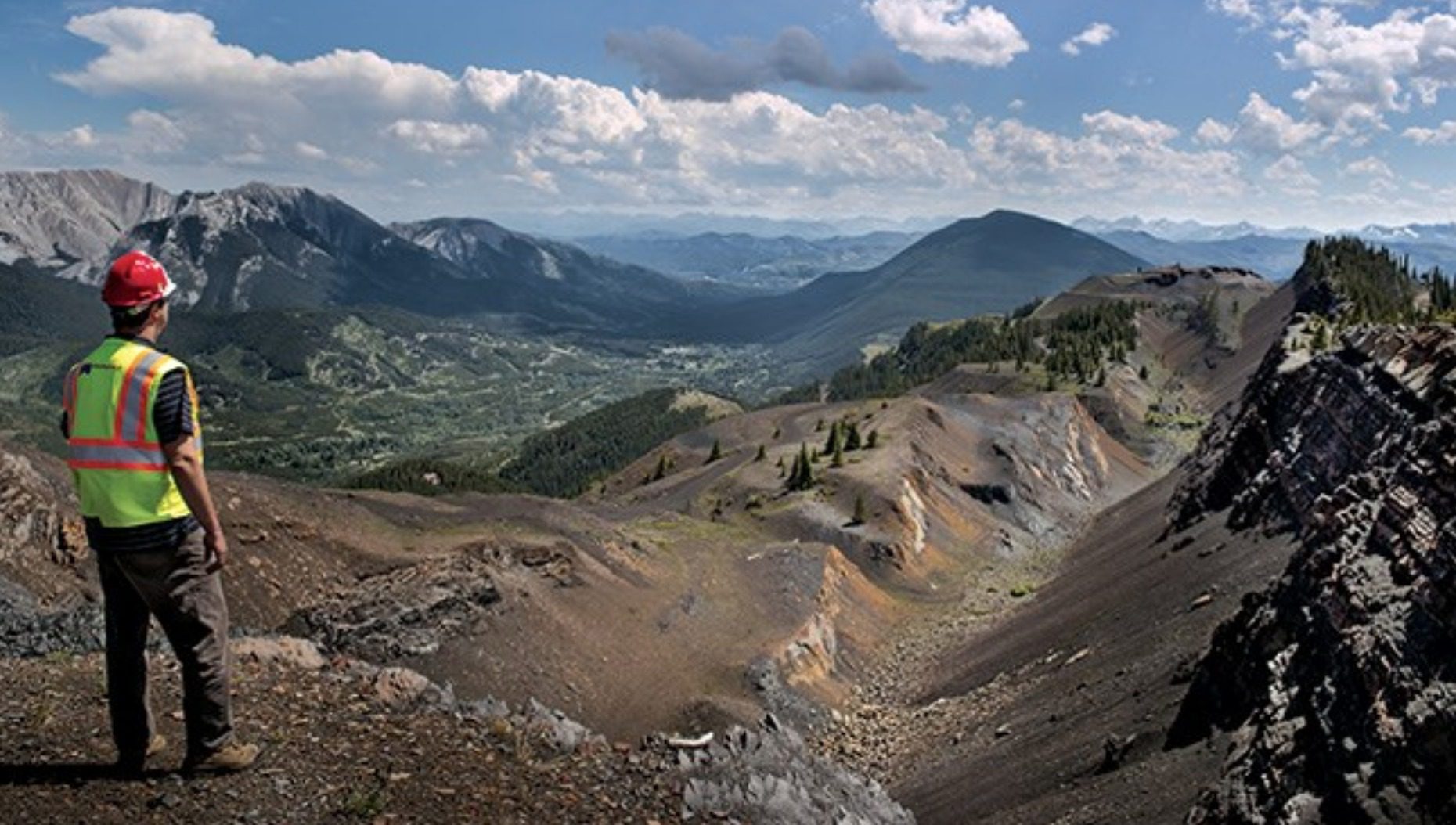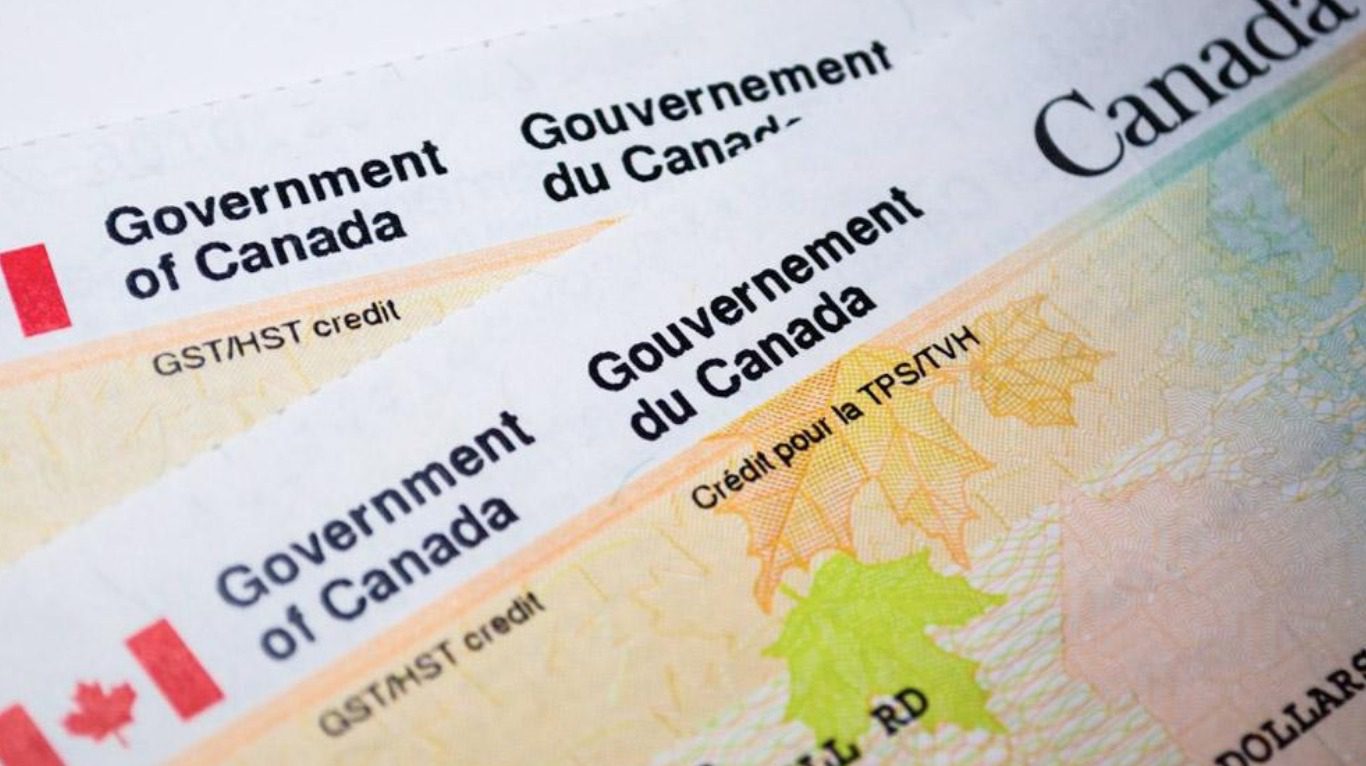An engaged populace is surely a good thing. Unless, perhaps, you run a government focused on reigniting the economy by cutting red tape and making friends with all and any potential business partners.
The Alberta government found out in recent months just how scary an engaged and enraged populace can be. By throwing open doors to coal miners intent on scouring out a few mountain tops in previously protected lands, the UCP landed itself deep in a populist uprising of ranchers, farmers, environmentalists, country singers and town councillors.
This week Energy Minister Sonya Savage reinstated the provincial coal policy put in place in 1976 pending wider public consultations on a new policy.
"An important part of being a responsible government is to admit when you've made a mistake and to fix it," Savage said.
The government may have admitted its error but it certainly hasn't fixed the mistake.
In concrete terms, existing coal leases and those approved in the seven or eight months between the rescinding of the 1976 policy and now are not cancelled. Exploration on some of those leases in ongoing. And lease holding companies are still waiting in the wings for the new coal policy the government still plans to institute after it conducts some unspecified consultations.
The initial decision to try to sneak one past the people of southern Alberta also created some unintended consequences. By messing with the policy, the government drew attention to coal mines that weren't even covered by the 1976 document.
A massive mine proposed for the Crowsnest Pass area is already at the provincial-federal regulatory stage, with a possible construction start date this fall. It isn't in any way affected by Savage's announcement this week, but the controversy has put a huge spotlight on opponents who fear the affect the Grassy Mountain mine will have on water supplies coming out of the mountains.
Suddenly the average man on the street in Lethbridge, Alberta, is familiar with the potential water-tainting affects of selenium pollution from mine sites.
The federal-provincial regulators are now operating in a more charged environment than they might have been before the provincial government's misstep.
There is also a coal-development court challenge with rancher and First Nations involvement which isn't likely to be derailed by Savage's announcement.
The entire controversy has also given a voice to disgruntled municipal governments. There has been a raft of irritating tax and funding issues chafing at the relationship between the UCP government and rural and urban councils. But the possible fouling of drinking water and purple mountain majesty has galvanized councils even in traditionally rock-ribbed conservative regions to speak out.
Calgary City Council voted the day Savage issued her apology to demand cancelation or suspension of the coal leases that were granted between the revocation of the 1976 policy and its reinstatement.
Just to pour a little salt in the wound, Calgary Mayor Naheed Nenshi, not a favourite at any time of the provincial government, said the entire coal affair was "a good lesson" for the UCP on transparency and consultation.
Meanwhile, it's a safe bet that the international mining community is keeping a sharp eye on proceedings. If the government buckles further to pressure and starts cancelling leases, companies will expect some compensation.
Suddenly doing business in Alberta, rather than an exercise in laissez-faire capitalism, has become a risky venture, replete with image-damaging environmental campaigns and protests.
And so the UCP government, with one ill-considered decision in May to spur the province's economy, has eroded the trust of many of its most stalwart supporters, given ammunition to its many detractors, and damaged the province's business reputation on the international stage.
That's a whole lot to fix.
The government needs to be very careful now how it makes good on its promise to start all over again on a new coal policy. The public consultation must be truly open and transparent and its communication clear and devoid of the UCP's usual obfuscating spin.
Photo Credit: Alberta Venture








